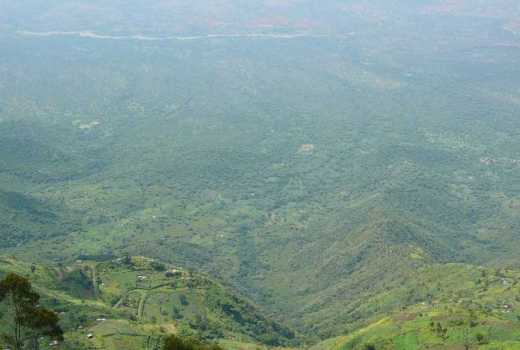×
The Standard e-Paper
Home To Bold Columnists

Patrick Chebet sits perched on a stone at his Rokocho home at the slopes of Elgeyo escarpment. He stares at the horizon, as a dark cloud gathers up the sky.
His worry is the unending heavy rains. The area has already experienced landslides.
